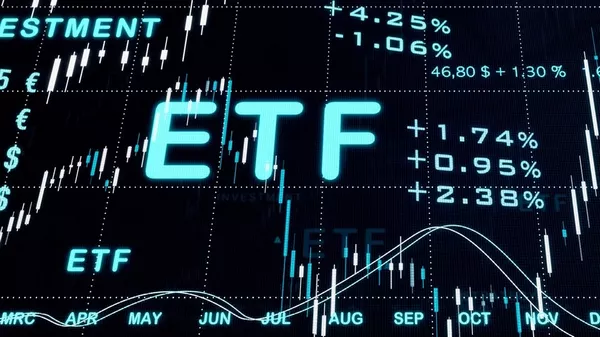Unilever’s newly-appointed CEO, Hein Schumacher, presented his strategy on Thursday to streamline the company’s operations, acknowledging a period of underperformance. Despite the anticipation surrounding these announcements, some investors appeared unimpressed, causing a drop in Unilever’s share prices.
The global consumer goods giant, known for brands like Dove soap and Ben & Jerry’s ice cream, managed to meet market expectations for third-quarter sales growth by implementing slower price increases. However, it fell short in recapturing consumers who had turned to cheaper alternatives during a period of rising living costs.
Schumacher, who assumed the role in July, outlined Unilever’s commitment to focus on 30 key brands, responsible for 70% of its sales. He emphasized the improvement of gross margins and indicated that there would be no major transformative acquisitions on the horizon.
In his statement, Schumacher stated, “Our recent performance has not aligned with our true potential. Our growth, productivity, and returns have all fallen short of expectations.”
Following the announcements, Unilever’s shares (LON:ULVR) experienced a 2.5% decline, reaching a year-low during morning trading.
Aviva (LON:AV) portfolio manager Richard Saldanha commented, “I don’t think there’s anything there that’s new in terms of this strategic update. Clearly, for investors, achieving organic growth of 3-5% remains a key objective.”
Tineke Frikkee, a portfolio manager at Waverton Investment Management, added, “The new CEO’s strategy was well presented but overall underwhelming – investing and rewarding for higher growth and no significant portfolio restructuring. This appears similar to the approaches of previous CEOs and will require time for full implementation.”
Schumacher took over from Alan Jope, who had a tumultuous final year at Unilever due to a failed attempt to acquire GSK’s consumer healthcare business and the involvement of billionaire activist investor Nelson Peltz on the board. Simultaneously, the consumer goods industry grappled with escalating costs for over two years, stemming from factors like increased prices of commodities such as sunflower oil, shipping, packaging, and electricity during the pandemic.
Unilever reported a 5.2% increase in underlying sales, in line with the average forecast of analysts, as per company-provided consensus data.
For the third quarter, underlying price growth was at 5.8%, while underlying volumes saw a decrease of 0.6%. Prices rose at a faster pace than expected by analysts, who had also projected volume growth for the first time in nearly two years. In Europe, volumes experienced a decline of 10.7%.
Chief Financial Officer Graeme Pitkethly explained, “This inflationary environment has significantly affected our nutrition and ice cream business. We have not yet fully recovered all the inflationary impacts in Europe, and our European margins have fallen well below Unilever’s average.”
Unilever additionally announced a reorganization of its senior executive team, appointing Fernando Fernandez, the current president of the beauty and wellbeing business, as the new chief financial officer.


